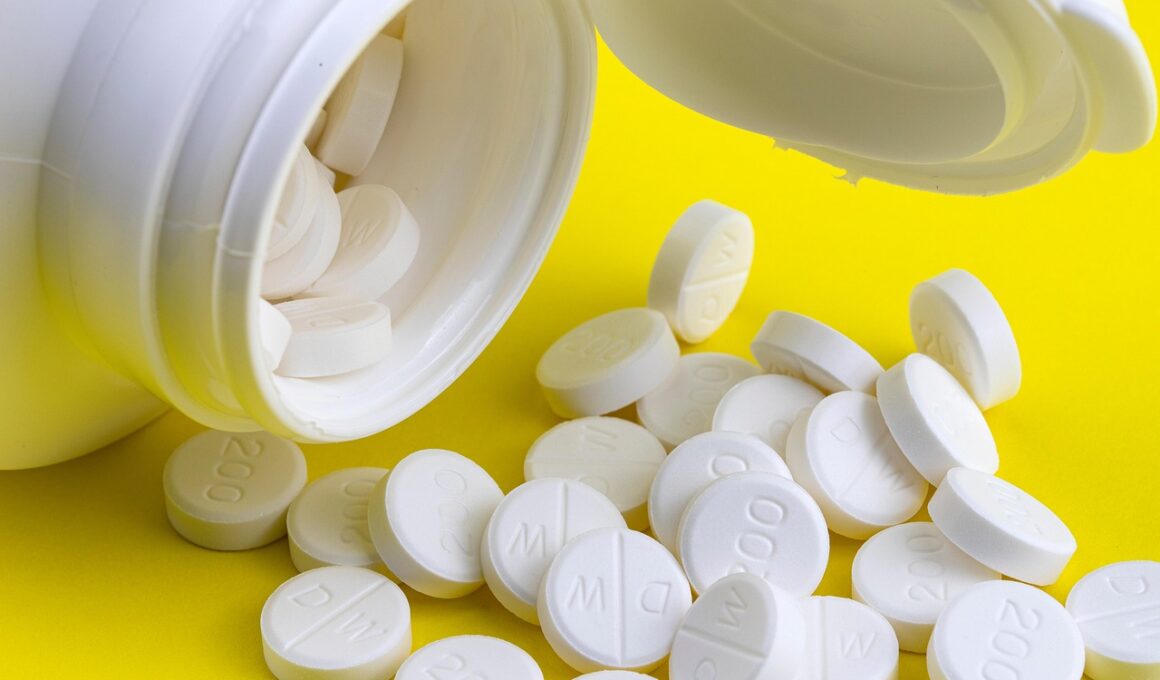Understanding the Lifecycle of Hookworms in Dogs
Hookworms are a concerning type of parasite affecting dogs globally. These parasites, particularly Ancylostoma caninum, are significant as they contribute to anemia and lethargy in infected dogs. They are small, thin, and have a hook-like mouth that allows them to attach to the intestinal wall. This attachment facilitates blood feeding, which can lead to severe health issues if left untreated. Dogs primarily become infected through larval penetration of the skin or by ingesting contaminated hosts such as rodents. Understanding the lifecycle of hookworms is crucial for effective control measures. First, the adult hookworms reside in the intestinal tract, reproducing and laying eggs that pass through the feces. The eggs hatch into larvae under favorable soil conditions. Time and environmental factors highly influence their viability. The larvae can develop into infective forms that either penetrate a host’s skin or are consumed directly. Pet owners should regularly inspect their pets for symptoms that indicate infection. Furthermore, understanding this lifecycle aids in identifying effective preventative measures, including regular deworming and maintaining a clean environment.
Impact of Hookworm Infection
The impact of hookworm infection in dogs is substantial, affecting their physical health and overall wellbeing. Infected dogs may exhibit symptoms such as weight loss, lethargy, and poor coat condition. Blood loss due to hookworm feeding leads to anemia, which further exacerbates these symptoms, making the dog weak and less active. In severe cases, this condition can become life-threatening, particularly if the dog is young, elderly, or already in a compromised health condition. As hookworms can also be transmitted to humans, the risk of zoonotic transmission is a pressing concern. Children, especially, are at higher risk due to their hand-to-mouth behaviors. Effective hookworm control involves not only treating infected pets but also ensuring that surrounding environments are cleaned and maintained to eliminate potential hookworm habitats. Regular veterinary care is essential, including fecal examinations to detect hookworms. Providing a proper diet and supplements may help boost the immune system as well, enabling pets to better resist infections. Owners should ensure that their dogs regularly receive veterinary check-ups and treatments to keep hookworm infestations at bay.
With a firm understanding of the loveable companion’s lifecycle, we can effectively combat hookworms. The lifecycle of the hookworm spans multiple stages, including egg, larva, and adult forms. The cycle begins when an infected dog sheds hookworm eggs in its feces. These eggs develop into larvae in the environment, including soil and sand, requiring warmth and moisture. After two weeks, these larvae can either penetrate the skin or be ingested when the dog or another host comes into contact. Hookworm larvae are particularly dangerous because they can survive in the environment for long periods. Once inside a dog, these larvae migrate to the intestines where they mature into adult worms. Depending on environmental conditions, the parasite can also enter a dormant state, and remain viably for months, which complicates eradication efforts. Repeat infection processes lead to reinfestation, making it essential to implement preventative measures. Owners should regularly clean up after their dogs and avoid areas with known infestations, particularly during warm months when larvae are most active. By understanding and managing these complexities, pet owners can protect their dogs from these harmful parasites.
Preventative Measures for Hookworm Control
Preventative measures play an essential role in controlling and managing hookworm infections in dogs. Keeping a dog’s environment clean is crucial; routinely cleaning up feces reduces the risk of larvae developing in soil or sand. Regular deworming protocols are also part of an effective hygiene regimen. Dogs should be given deworming medication as prescribed by veterinarians, typically every three months for at-risk breeds. Proper nutrition can bolster a dog’s immune system, making it more resilient to potential infections. Ensuring a balanced diet, along with regular veterinary check-ups, allows for timely identification and treatment of any infections. Providing a safe area for dogs to play, away from areas that are heavily contaminated with fecal matter, significantly decreases the chance of contact with hookworm larvae. Furthermore, it is advisable to avoid areas where stray animals frequent, as these pets may harbor hookworms. If a dog has been diagnosed with a hookworm infection or shows any signs, immediate veterinary consultation is key. Overall, these preventative measures empower pet owners to take control of their dog’s health and maintain a safe living environment for all.
Diagnosis of hookworm infection in dogs requires careful evaluation by veterinarians. During the veterinary visit, a thorough physical examination is performed to assess the overall health condition of the dog. Blood tests may reveal anemia levels, which are indicators of hookworm burdens. Most importantly, a fecal examination must be conducted to identify the presence of hookworm eggs. The veterinarian will then advise appropriate treatment based on the severity of the infection and the dog’s overall condition. Treatment typically includes deworming medications like pyrantel pamoate or fenbendazole which effectively eradicate adult worms from the intestine. In severe cases, additional treatments such as iron supplements may be necessary to assist with the recovery from anemia. Regular follow-up appointments after treatment enable practitioners to monitor the effectiveness of the prescribed medication. Owners should also ensure they comply with any additional recommendations given by the veterinarian, such as environmental decontamination strategies. By maintaining open communication with their veterinarians and adhering to treatment plans, pet owners can ensure their dog’s complete recovery from hookworm infections.
Your Role in Managing Hookworms
As a responsible pet owner, understanding your role in managing hookworms is paramount to ensuring the health of your dog. Providing a consistent routine of deworming treatments is one of the most effective preventive strategies. Keep a record of your dog’s treatment schedule to ensure no doses are missed, discussing any missed doses with your veterinarian promptly. Additionally, focus on creating a healthy living environment for your pet that includes easy access to clean water and a safe area for play. Keeping areas where your dog frequents clean will significantly reduce the risk of infection. When taking your dog to parks or public spaces, monitor the behaviors they engage in to prevent them from consuming feces or contact with infected animals. It’s also important to share information about hookworm prevention with friends or family who own pets, promoting a community effort against this prevalent parasite. Lastly, stay informed about the latest advancements in pet health and hookworm treatments by following veterinary recommendations and accessing credible information. Your proactive role ensures healthier pets and contributes to a broader effort in preventing hookworm infestations.
In conclusion, knowledge and proactive measures remain the best defenses against hookworm infections in dogs. Understanding hookworms’ lifecycle, their impact on dogs, and effective preventive methods equip pet owners with the tools necessary for effective control. Partnering with a veterinarian establishes a solid foundation for monitoring and treating infestations while promoting a healthy lifestyle for your pet. Help spread awareness regarding hookworm prevention in your communities. Encourage fellow pet owners to maintain regular veterinary visits, adhere to proper hygiene protocols, and ensure that their environments are free of parasites. Regular check-ups allow for timely intervention and treatment of hookworm infestations, alleviating the burden on both pets and owners. Remember, while hookworms may affect many dogs during their lives, taking the right steps can significantly reduce incidences of infection and promote long-term health. Should you notice any signs of infection, rapidly consult a veterinarian to safeguard your dog’s wellbeing. With diligence and care, we can create a world where dogs can live free of hookworm infection. Every action contributes to the larger effort to protect our furry friends from these harmful parasites.


